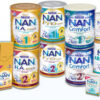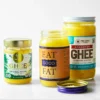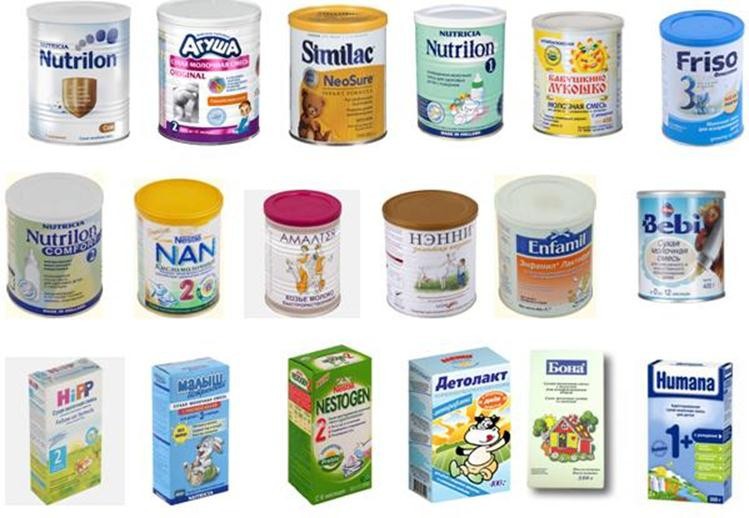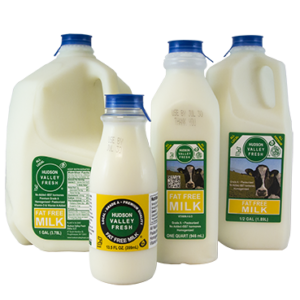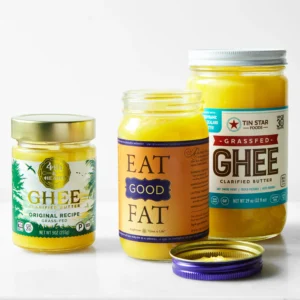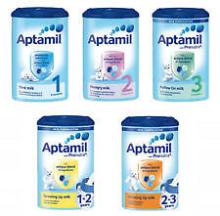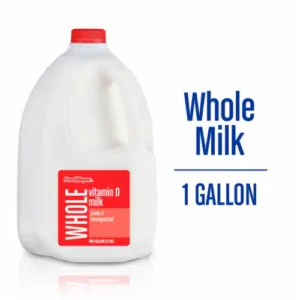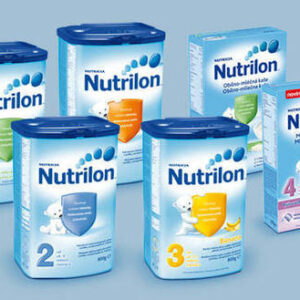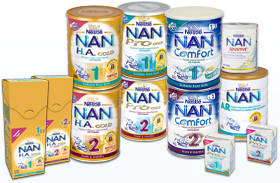Powdered milk, also called milk powder, dried milk, or dry milk, Instant Dry Milk is a manufactured dairy product made by evaporating milk to dryness. One purpose of drying milk is to preserve it; milk powder has a far longer shelf life than liquid milk and does not need to be refrigerated, due to its low moisture content. Another purpose is to reduce its bulk for the economy of transportation. Powdered milk and dairy products include such items as dry whole milk, nonfat (skimmed) dry milk, dry buttermilk, dry whey products and dry dairy blends. Many exported dairy products conform to standards laid out in Codex Alimentarius.
Powdered milk is used for food as an additive, for health (nutrition), and also in biotechnology (saturating agent).
Powdered milk is frequently used in the manufacture of infant formula, confectionery such as chocolate and caramel candy, and in recipes for baked goods where adding liquid milk would render the product too thin. Powdered milk is also widely used in various sweets such as the Indian milk balls known as gulab jamun and a popular Indian sweet delicacy (sprinkled with desiccated coconut) known as chum chum (made with skim milk powder). Many no-cook recipes that use nut butters use powdered milk to prevent the nut butter from turning liquid by absorbing the oil.
Powdered milk is also a common item in UN food aid supplies, fallout shelters, warehouses, and wherever fresh milk is not a viable option. It is widely used in many developing countries because of reduced transport and storage costs (reduced bulk and weight, no refrigerated vehicles). Like other dry foods, it is considered nonperishable and is favored by survivalists, hikers, and others requiring nonperishable, easy-to-prepare food.
Because of its resemblance to cocaine and other drugs, Instant Dry Milk is sometimes used in filmmaking as a non-toxic prop that may be insufflated.

